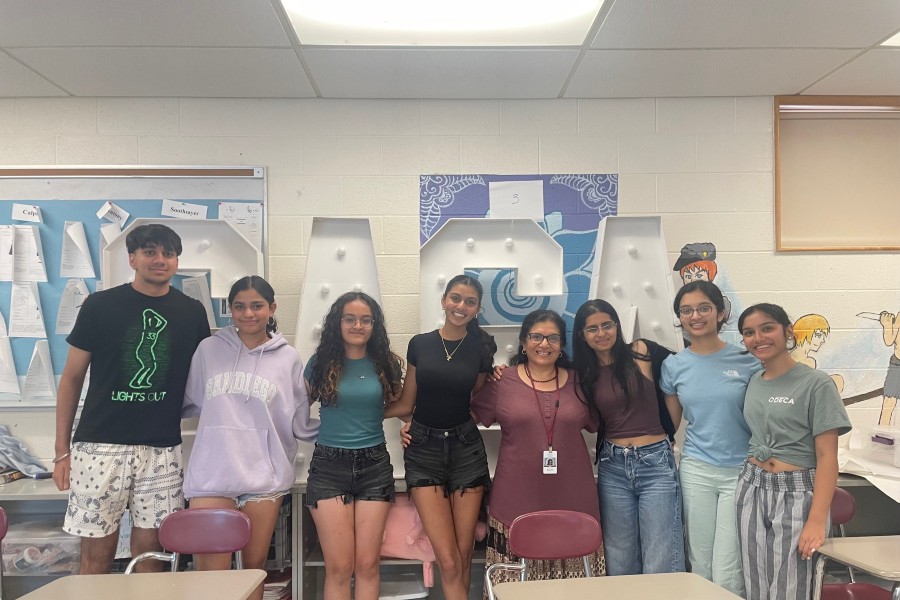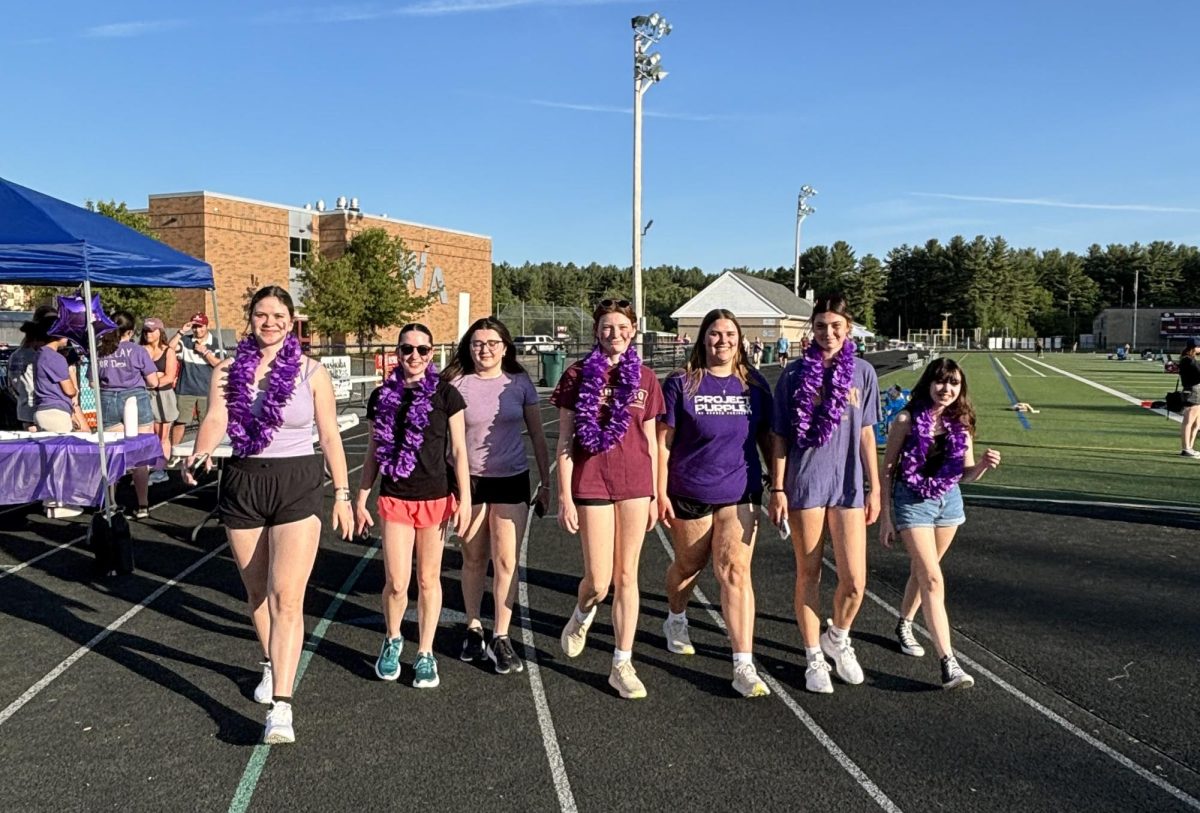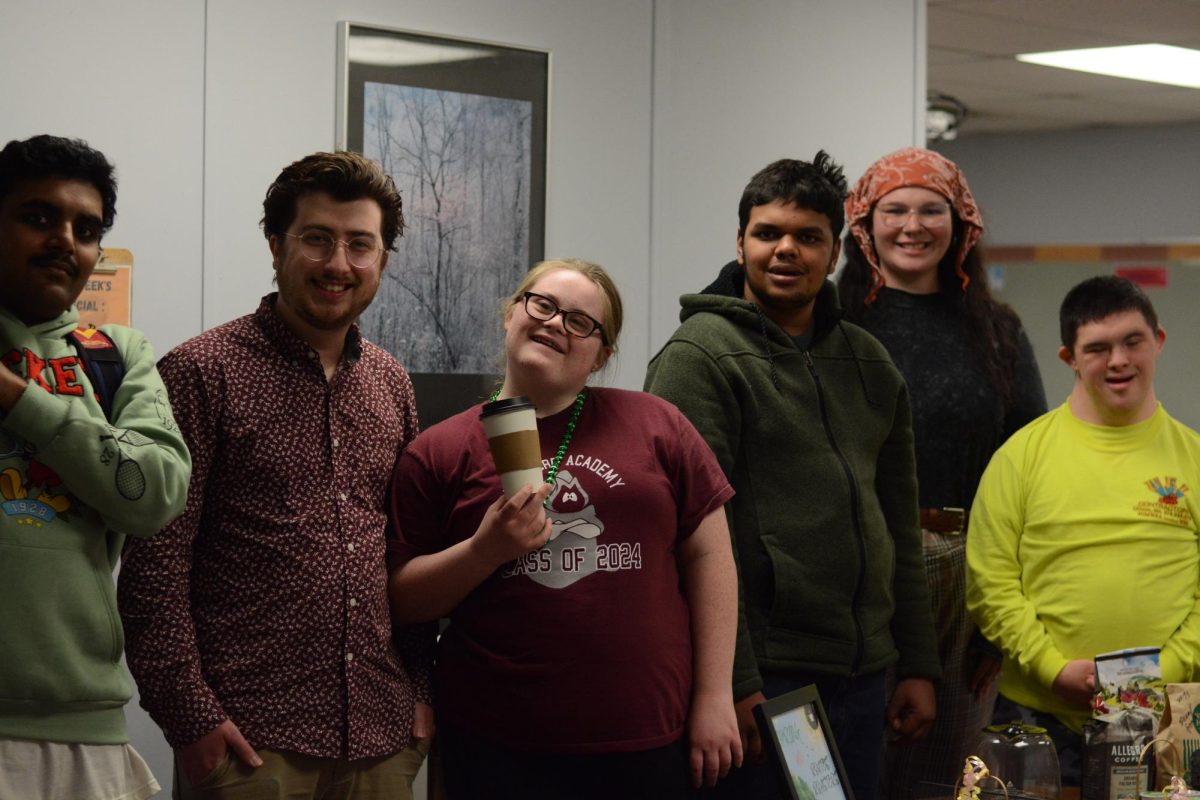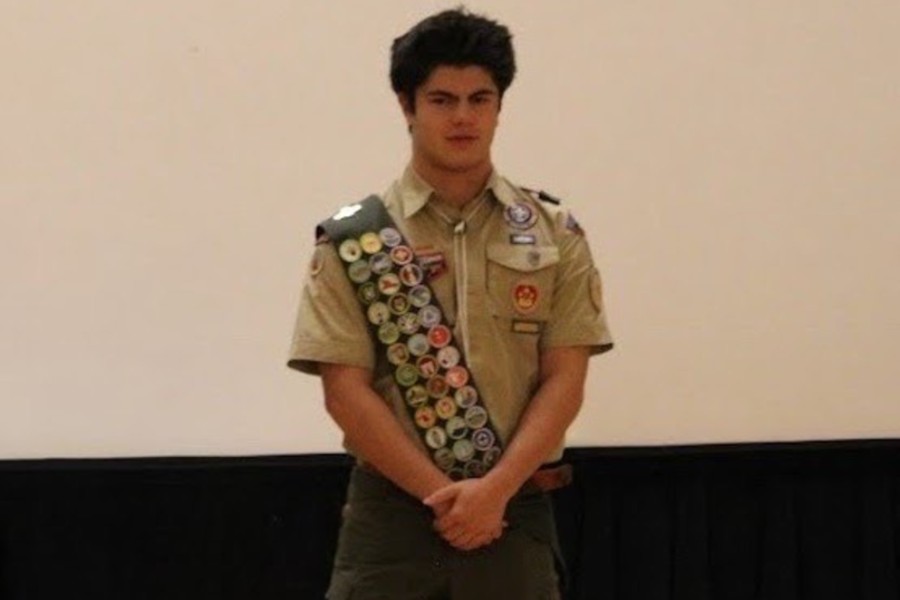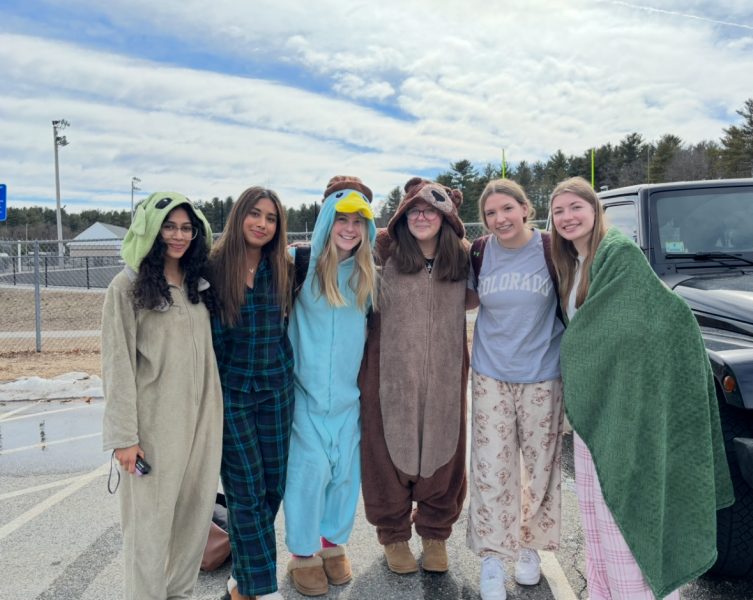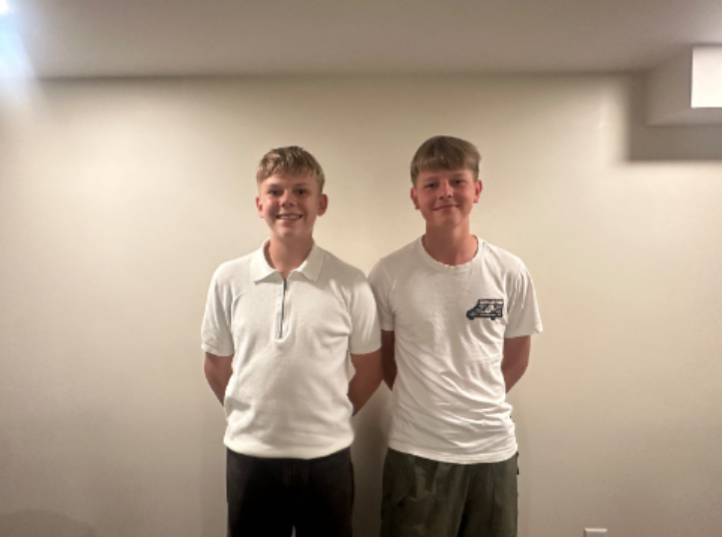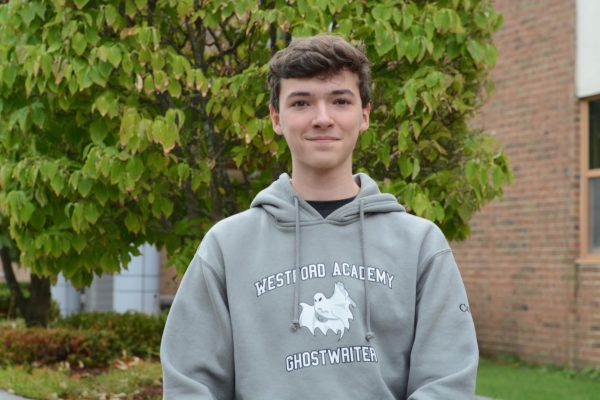English teacher and South Asian Student Association (SASA) club advisor Rashmi Kumar has been working at WA since 2002 and has brought her goals of diversity, equity, and inclusion, (DEI) to the WA community throughout her entire teaching career.
When Kumar joined WA’s staff over twenty years ago, opportunities like SASA weren’t available to students. While the club’s establishment was met with much excitement and high turnout, it was not entirely surprising due to Asian students making up one-third of the WA student body.
Kumar has also combined efforts with English teacher Rebecca Shaw. The two were able to bring their mission to the forefront of the student body, creating the opportunity for students to read and learn about Asian and Asian-American literature within their own classrooms.
“Our student demographic certainly requires more demands for diversity [in the English curriculum] so both Ms. Shaw and I took it upon ourselves to do this,” Kumar said. “As part of our two year goal, we read over 25 books each and then we had to discern which ones were going to be appropriate for our schools, which ones had lasting power, and which ones would date very quickly.”
After receiving the necessary funds, as of last year, Kumar and Shaw were able to incorporate two new books in the sophomore curriculum, including the novel All My Rage by Sabaa Tahir, and memoir Beautiful Country by Qian Julie Wang. Additionally, Shaw will be piloting the novel Roses In the Mouth of a Lion by Bushra Rehman, in the freshman curriculum this year.
“In the honors and AP classes, over half of the kids the past few years have been students of color, generally being East or South Asian,” Shaw said. “Students of color should be able to see [themselves] in the literature that they read. I think it’s really important that we incorporate class-taught texts like [All My Rage and Beautiful Country].”
According to Kumar, although the original idea of adding SASA to WA’s club list came from herself, its first student leader came to be because she identified heavily with The Namesake by Jhumpa Lahiri so heavily. The novel, which Kumar teaches in her sophomore English class, primarily focuses on the experiences of Indian immigrants living in America.
The idea of the club was to provide such South Asian students with an outlet to a place where they felt comfortable and included. SASA has gone on to host events at WA, such as Darba and Holi, targeting the South Asian students at the school while keeping an open invitation to any student who is interested to attend.
“Darba is a coinage that my students came up with. It’s a combination of the Festival of Lights, Diwali, and Garba, which is a folk dance from a particular state in India,” Kumar said. “This is going to be our third annual Darba event this year on Friday, Nov. 15, and it will be open to the public. It’s not just for WPS students but for anybody and everybody who would like to attend.”
Diwali is one of the most important festivals in Indian culture, and it is celebrated across different faiths and throughout different countries around the world, though most notably, Hinduism. The festival lasts five days and celebrates the triumph of light over dark, with participants praying and feasting routinely during its celebration. Despite the importance of the holiday combined with the large population of Asian students at WA, Diwali was not always a holiday that was recognized by the school.
“Ever since I’ve been at WA, I’ve had a lot of Indian students who have tried to make Diwali a [school-recognized] holiday. And over the years, I’ve signed petitions in support of it and I’m really thrilled that in the past few years we actually had it as a holiday on our school calendar,” Kumar said. “With the number of students who celebrate Diwali, [I’m glad] that we have recognized it as an official holiday which alleviates a lot of stress for them, as well as some stress for me.”
Whether it is through SASA, the DEI committee, or her English classes, Kumar continues to teach the importance of diversity, equity, and inclusion, passing on her knowledge to younger generations, as well as keeping awareness high in the English department faculty.
“I always have a lot of students who will come and tell me, that they, for the first time, are seeing themselves in their reading. And that’s the goal of literature that we expose our kids to,” Kumar said. “We want the literature to be both windows and mirrors. We want these children to see themselves and sort of mirror themselves, but we also want it to be a window into a different world for students who are not familiar with that culture.”

